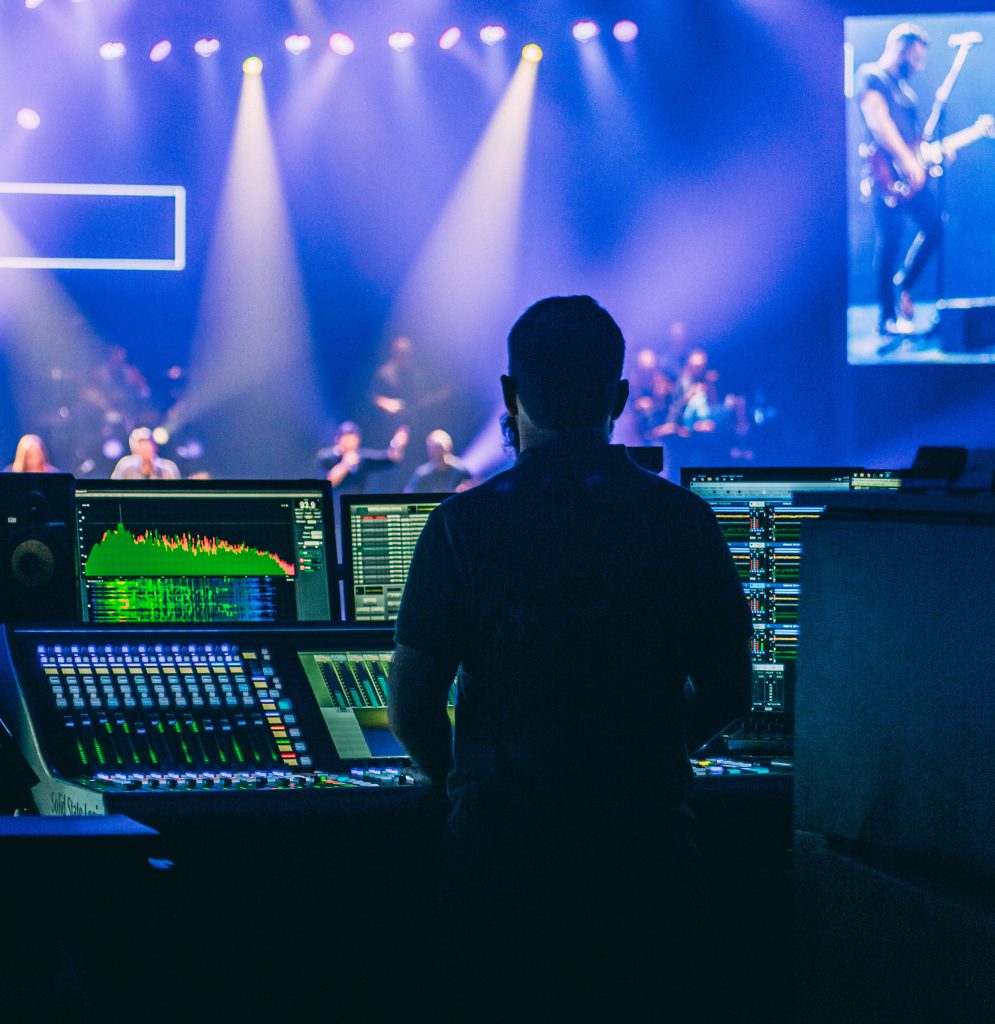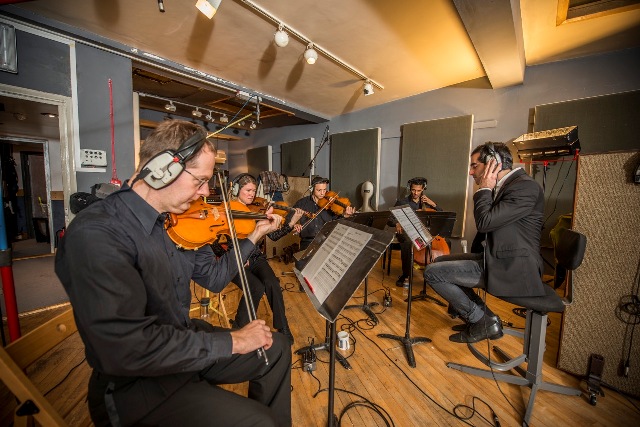I hope you all enjoyed last week’s from the booth episode. It was fun to get to mix on Easter and bring you all a new perspective. Let me know what you think of the new layout! Anyway, it’s time to for a new Mix Essentials series, this time more on the global mix picture. We are talking about the culture of your sound. For the next few weeks we’ll talk about what music culture is, how you find it, what happens when you jive with it or fight with it, and tailoring your mix to line up with the music culture of your space. This week we’ll start by defining terms a bit and helping you discover what the culture of music is for your audience and/or clients.
So what is music culture you ask? Well, it’s just context really. Whether in a studio, at FOH, mixing monitors, on tour, or wherever, music has a context. There is emotion, feelings, and all the things that make it feel alive at times. For us engineers, that means we need to be sure to be reading what the culture/context is wherever we are and make sure we aren’t unnecessarily or accidentally changing it. This perhaps is one of the biggest reasons to get to know the band your mixing, sit down and talk with the artist your recording over a drink, or sit in on the planning sessions for the tour with the band so that when you are doing your thing, you fully understand not only what the art is supposed to be but more importantly how it is conveyed, which I would argue is the bulk of what we do as audio engineers. The instrumentation is chosen for us, we, to put it simply, get to choose how it’s interpreted.
What does this look like practically (yes another rhetorical question, it works ok!)? If I’m mixing a country song, I shouldn’t have a rock sounding drum kit. If I’m doing some post-production on a worship song, the guitars shouldn’t sound like the solo section of an AC DC song. Instead, R&B songs should have really tight kick drums. Folk music, while setup well for lots of verb, shouldn’t be swallowed in verb. Now, there are times where we push the envelope artistically, just make sure that when you do that, you are doing so with the artist’s knowledge. Remember, our job is to recreate the artist’s performance, not twist it into something of our own creation. We are part of the band not a PR agent “fixing” a problem.
When it comes to discovering what music context you work in…that’s going to be a complicated answer. But for the most part, listen to the music that your artists are listening to. If they are sending you their demo tracks from the composition process, pay attention to the details here. Intentional or not, you can learn a lot about the goal of a song from these early and preliminary steps. If it’s an ongoing relationship, pay attention to the music you are listening to as well. Odds are some of what you work with has rubbed off and you have found yourself listening to similar music from time to time. Lastly, pay attention to the instrumentation. Simple and stripped down doesn’t mean layer in a million tracks. It means simple and stripped down. While rarely completely indicative, instrumentation exposes what’s really important in the music for the band. Look up from your console and be paying attention to the vibes and eye contact during the recording as well. Often times, the musicians themselves will give away what should be in front just by body language and eye contact. As you’re recording, as your mixing, as you’re creating…look up from your board and see what is happening, than organically respond. If you’re doing that, you are on the right track!
I know this may not strike you as a particularly interesting topic but I can assure that it’s incredibly important that you grasp this concept. If you understand the culture of your work, you’ll know if you’re doing a good job before you ask. You’ll know exactly what tools you’ll need to create the art that is being made. I promise this won’t be a long drawn out series but I’ve decided to take some time and write about it because of the number of times it’s come up in conversation. So please, take some time before right now and next week to think through your process. Are you taking part in the culture in a healthy way or are you bucking against it?
If you’ve enjoyed what you’ve been reading, consider subscribing to this blog at this link. When new content is posted we then let you know automagically! As always, let me know what you think below or on facebook. Drop me an email at daniel@studiostagelive.com or message me if you have any input you’d like to see added and as always, happy mixing!


